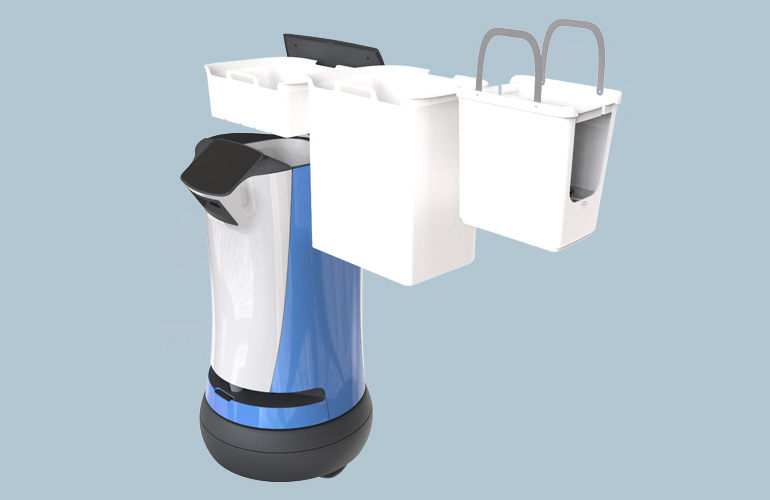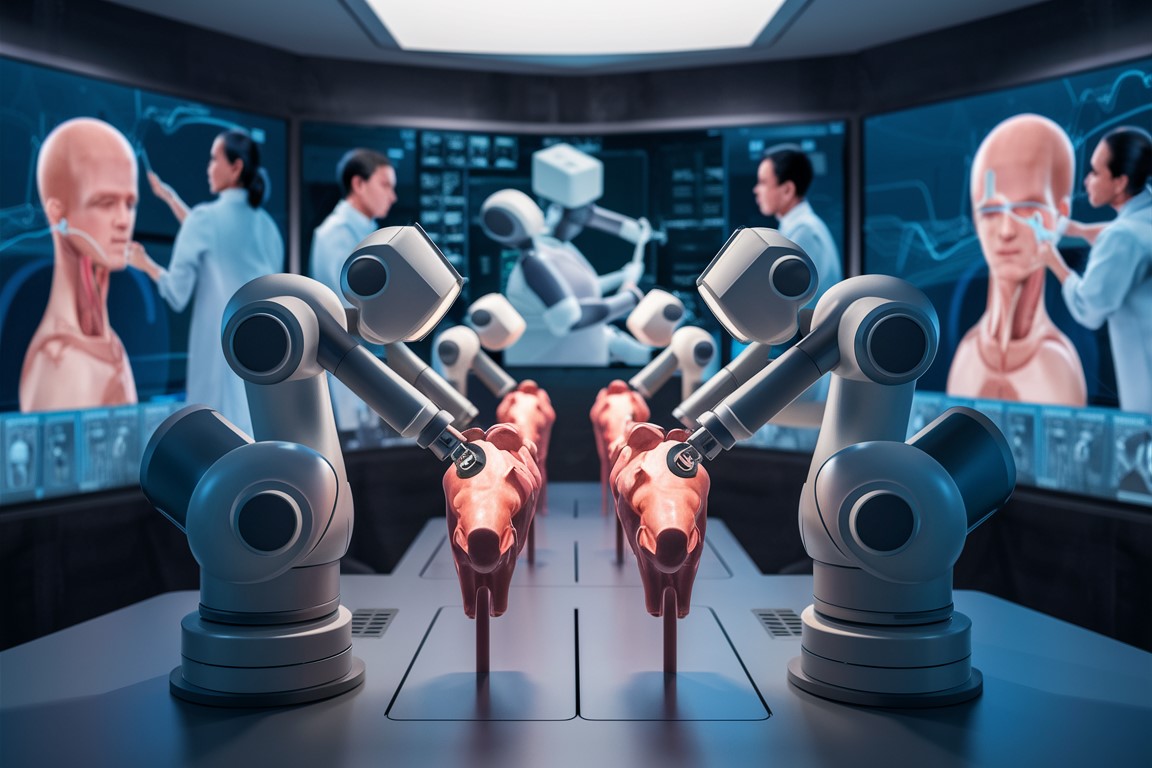A Texas-based drone company is dramatically ramping up production to meet growing demand for robotic farm equipment. Hylio, which makes large autonomous agricultural drones, plans to increase manufacturing by 500% and produce about 5,000 drones annually by 2028.
What These Farm Drones Do
Hylio's drones are designed to handle multiple farming tasks without human pilots:
- Spray fertilizers and pesticides across crops with precision
- Plant seeds in designated areas automatically
- Work in teams with multiple drones covering large fields together
- Plan optimal routes using artificial intelligence to maximize efficiency
Each drone can cover about 50-60 acres per hour (0.2-0.24 square kilometers), and using several drones together increases productivity almost proportionally.
First in the US to Get Swarm Approval
Hylio achieved a significant milestone by becoming the first company in the United States to receive regulatory approval for drone swarming. This means multiple drones can work together as a coordinated team, dramatically increasing the area they can cover in a day.
The company says the key advantages of their drones include:
- Easy-to-use controls and interfaces
- Strong customer support and training
- High efficiency when multiple drones work together
- AI-powered route planning for optimal field coverage
Global Market Expansion
While based in Texas, Hylio has expanded internationally and now sells drones in:
- Canada
- Europe
- Australia
- Several Latin American countries
The company was founded in early 2015 and has spent nearly a decade perfecting their autonomous farming technology.
Why Farmers Are Switching to Drones
Traditional crop spraying often requires large, heavy tractors that can damage soil and crops, especially in wet conditions. Tractors also create ruts in fields and can't always reach every area efficiently.
Agricultural drones solve these problems by:
- Avoiding soil compaction since they don't drive on the ground
- Working in wet conditions when tractors would get stuck
- Reaching difficult terrain that vehicles can't access
- Providing precise application of chemicals exactly where needed
- Reducing labor costs through automation
The Future of Farming Technology
The massive production increase signals growing acceptance of drone technology in agriculture. As farms face labor shortages and pressure to increase efficiency while reducing environmental impact, autonomous drones offer a solution that addresses multiple challenges.
Hylio's use of artificial intelligence to optimize spraying routes represents the next evolution in precision agriculture, where technology helps farmers use resources more efficiently while maintaining or improving crop yields.
The company's expansion from a small startup to planning 5,000 units annually shows how quickly agricultural robotics is moving from experimental technology to mainstream farming equipment.
As production scales up and costs potentially come down, these autonomous farm drones could become as common on farms as tractors are today, fundamentally changing how crops are planted, maintained, and harvested.


















